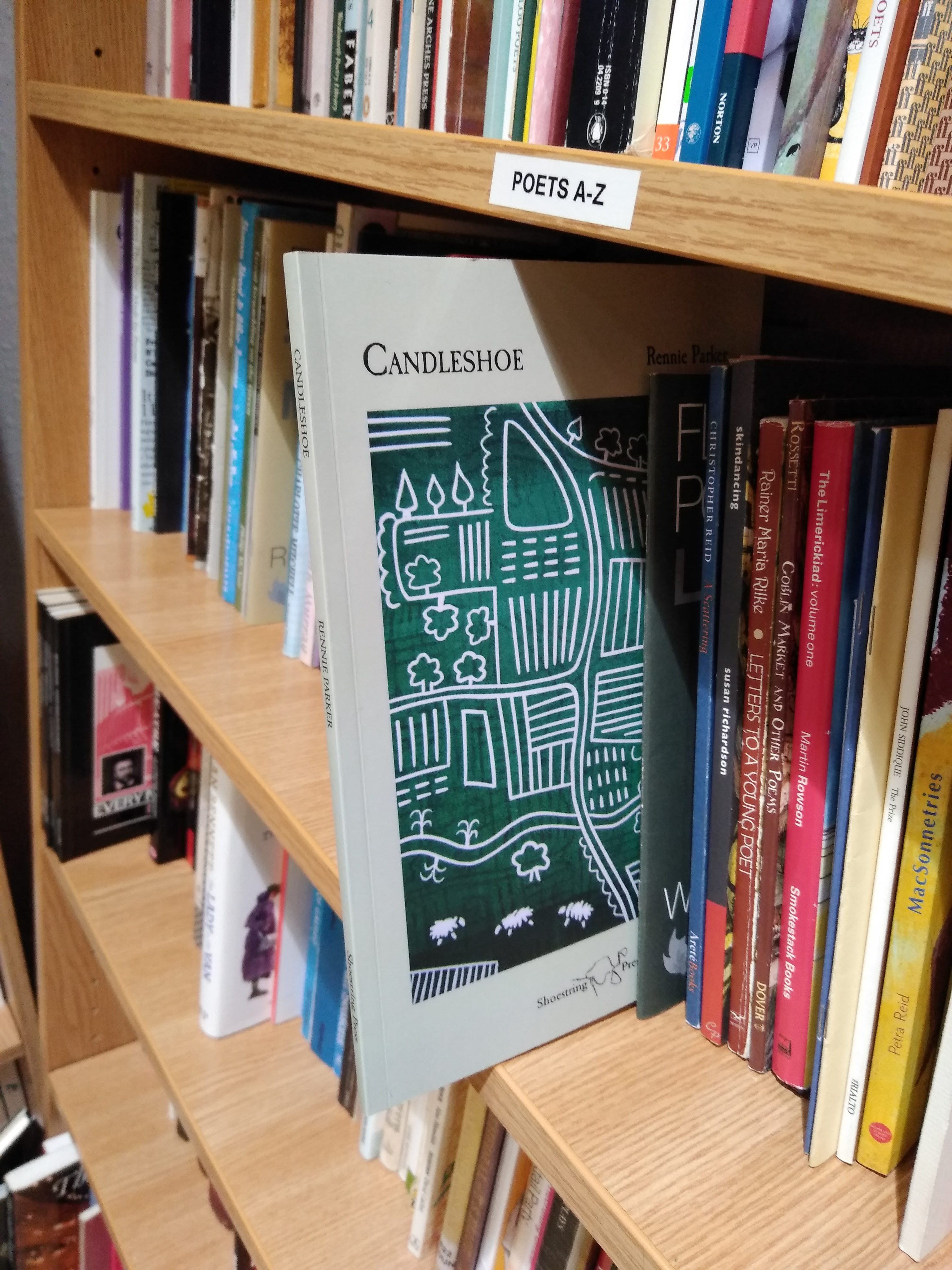The second competition entry went the same way as the first, I’m afraid – the feedback was clear and useful, so I have some work to do – however, I won’t pretend I am not disappointed. I see formula work after formula work occupying the shelves in bookshops, and nobody seems to mind; so I imagined that my take on the ‘new people move into town/family comedy plot’ would be just as valid as the next person’s. Evidently not. Now, I can save you all the expense of going on a writing course you don’t really need by stating the main must-do points as delivered to me. And the first one is: cut to the chase, don’t have an introductory episode, just get the characters and the reader into the action like NOW, whether you wanted it or not. Many starter-sentences from the longlisted/shortlisted authors were exactly that; so don’t try to be circumspect or clever, don’t give your readers an unfolding lead-in – simply yell right in their faces to get attention. It’s the only way. The second take-home point is: don’t insert back-story into your paragraphs using a past tense as you relate hinterland or attitude or atmosphere. Past tense signifies inertness and awkwardness to people who aren’t you, so don’t do what I did and get yourself chucked out after 4 readers. I’ll be revising my script because it was seen by professionals and the advice was both unanimous and well meant. However, it all proved that mainstream genre is more about formula than anything else. And I should have rewritten my first two pages before I sent my entry in.
useful, so I have some work to do – however, I won’t pretend I am not disappointed. I see formula work after formula work occupying the shelves in bookshops, and nobody seems to mind; so I imagined that my take on the ‘new people move into town/family comedy plot’ would be just as valid as the next person’s. Evidently not. Now, I can save you all the expense of going on a writing course you don’t really need by stating the main must-do points as delivered to me. And the first one is: cut to the chase, don’t have an introductory episode, just get the characters and the reader into the action like NOW, whether you wanted it or not. Many starter-sentences from the longlisted/shortlisted authors were exactly that; so don’t try to be circumspect or clever, don’t give your readers an unfolding lead-in – simply yell right in their faces to get attention. It’s the only way. The second take-home point is: don’t insert back-story into your paragraphs using a past tense as you relate hinterland or attitude or atmosphere. Past tense signifies inertness and awkwardness to people who aren’t you, so don’t do what I did and get yourself chucked out after 4 readers. I’ll be revising my script because it was seen by professionals and the advice was both unanimous and well meant. However, it all proved that mainstream genre is more about formula than anything else. And I should have rewritten my first two pages before I sent my entry in.
 Meanwhile, the next poetry collection inches/centimetres along to completion. I’m on what could be the last poem right now, after spending some time walking round an historic town which had seen better days. These towns are fabulous when it comes to writing the present with an eye on the past – the closed ‘attractions’, the shops with ever-shortening hours, and the half-finished building project which hasn’t got any further than the same time last year. Although I was away at half term, the coachloads and families were not in evidence, and on enquiring at a bakery for lunch, the only thing they could offer was a ‘plain ham sandwich’, like it was a fast-day from an alternative England set in the 1950’s. More shops stood boarded up on the high street, and the only place doing brisk business was Greggs, where I probably should have gone in the first place. Eventually I found a nice cafe by the waterfront, but alas, the river which might have been filled with trip-boats and people going fishing – it was silent, with waters unchurned. What had happened? Only another year of Brexit Britain, economic chaos and rising inflation. The extras are cut, and people are running on empty.
Meanwhile, the next poetry collection inches/centimetres along to completion. I’m on what could be the last poem right now, after spending some time walking round an historic town which had seen better days. These towns are fabulous when it comes to writing the present with an eye on the past – the closed ‘attractions’, the shops with ever-shortening hours, and the half-finished building project which hasn’t got any further than the same time last year. Although I was away at half term, the coachloads and families were not in evidence, and on enquiring at a bakery for lunch, the only thing they could offer was a ‘plain ham sandwich’, like it was a fast-day from an alternative England set in the 1950’s. More shops stood boarded up on the high street, and the only place doing brisk business was Greggs, where I probably should have gone in the first place. Eventually I found a nice cafe by the waterfront, but alas, the river which might have been filled with trip-boats and people going fishing – it was silent, with waters unchurned. What had happened? Only another year of Brexit Britain, economic chaos and rising inflation. The extras are cut, and people are running on empty.
 I was looking for Pete Green’s Sheffield Almanac for a while, and I didn’t realise it was out of print – when I was at the regional bookfairs, I often saw it on sale and thought ‘hmm, maybe next time’. Well, next time should have been back then, because it sold out and I’ve been almanac-free for 3 years. Not any more, for on the very weekend it came back on sale, I was ready with my order. I don’t normally go for ‘the long poem’, but Mr. Green can really handle the form and it’s a joy to read. As it’s a Longbarrow Press production, the jacket and typesetting are spot on, with nothing that gets in the way of the poem. Even better, it’s as relevant now as it was when it was first published – quite rare in the history of politicised work, where events can soon make a poem seem dated. I’ve seen datedness happen in my own work; there’s one in response to the landslide election result in 2019 which now looks distinctly passe even though I spent ages getting it right. In short, the Pete Green stands up to be counted in ’23 whereas I’m thinking twice about putting mine in the next collection. Until next time: have a great summer, folks!
I was looking for Pete Green’s Sheffield Almanac for a while, and I didn’t realise it was out of print – when I was at the regional bookfairs, I often saw it on sale and thought ‘hmm, maybe next time’. Well, next time should have been back then, because it sold out and I’ve been almanac-free for 3 years. Not any more, for on the very weekend it came back on sale, I was ready with my order. I don’t normally go for ‘the long poem’, but Mr. Green can really handle the form and it’s a joy to read. As it’s a Longbarrow Press production, the jacket and typesetting are spot on, with nothing that gets in the way of the poem. Even better, it’s as relevant now as it was when it was first published – quite rare in the history of politicised work, where events can soon make a poem seem dated. I’ve seen datedness happen in my own work; there’s one in response to the landslide election result in 2019 which now looks distinctly passe even though I spent ages getting it right. In short, the Pete Green stands up to be counted in ’23 whereas I’m thinking twice about putting mine in the next collection. Until next time: have a great summer, folks!
